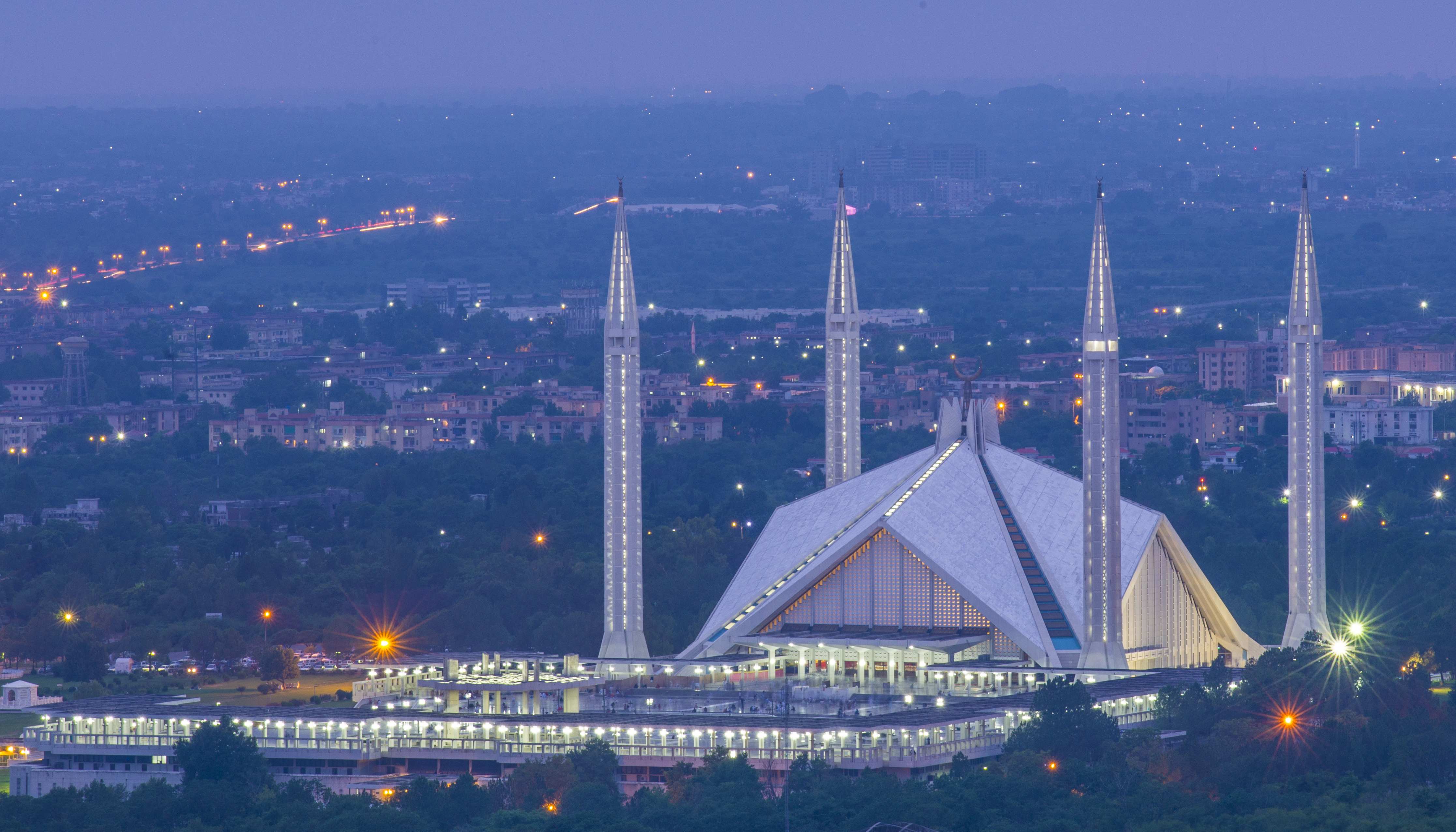|
Nek Zaman
Maulana Syed Nek Zaman is a Pakistani politician who served as a member of the 12th National Assembly of Pakistan from 6 November 2002 to 2 October 2007. References Living people Pakistani Islamic religious leaders Pakistani MNAs 2002–2007 People from North Waziristan Year of birth missing (living people) {{Pakistan-politician-stub ... [...More Info...] [...Related Items...] OR: [Wikipedia] [Google] [Baidu] |
National Assembly Of Pakistan
The National Assembly ( ur, , translit=Aiwān-e-Zairīñ, , or ur, قومی اسمبلی, Romanization, romanized: ''Qaumi Assembly'') is the lower house, lower legislative house of the bicameralism, bicameral Parliament of Pakistan, which also comprises the Senate of Pakistan (upper house). The National Assembly and the Senate both convene at Parliament House in Islamabad, the capital of Pakistan. The National Assembly is a democratically elected body consisting of a total of 342 members who are referred to as Members of the National Assembly (MNAs), of which 272 are directly elected members and 70 reserved seats for women and religious minorities from all over the country. A political party or a coalition must secure 172 seats to obtain and preserve a majority. Members are elected through the first-past-the-post system under universal adult suffrage, representing electoral districts known as National Assembly constituencies. According to the Constitution of Pakistan, constit ... [...More Info...] [...Related Items...] OR: [Wikipedia] [Google] [Baidu] |
List Of Members Of The 12th National Assembly Of Pakistan
The 12th Parliament of Pakistan was the unicameral legislature of Pakistan formed after the 11th Parliament of Pakistan. There were 342 Members of Parliament, including 56 for Women and 10 for Minorities. KPK # Shabbir Ahmed Khan # Rehmatullah Khalil, Maulana Rehmatullah Khalil # Qari Fayyaz-ur-Rehman Alvi, Qari Fayaz-ur-Rehman Alvi # Shabir Hussain Awan # Qazi Hussain Ahmed # Hamid Ul Haq Haqqani, Maulana Hamidul-Haq Haqqani # Muhammad Gohar Shah, Maulana Muhammad Gohar Shah # Aftab Ahmad Khan Sherpao # Shuja ul Mulk, Maulana Shujaul-Mulk # Moulana Mohammad Qasim # Ata-ur-Rahman # Muhammad Usman # Khalil Ahmad (politician), Maulana Khalil Ahmad # Mufti Ibrar Sultan # Shah Abdul Aziz (politician), Maulana Shah Abdul Aziz # Akhunzada Muhammad Sadiq # Amanullah Khan Jadoon # Sardar Muhammad Yaqoob, Sardar Muhammad Yaqub # Omar Ayub Khan # Shahjahan Yousuf, Sardar Shah Jahan Yousaf # Maulana Abdul Malik # Muhammad Yousuf (politician), Qari Muhammad Yousaf # Maul ... [...More Info...] [...Related Items...] OR: [Wikipedia] [Google] [Baidu] |
Living People
Related categories * :Year of birth missing (living people) / :Year of birth unknown * :Date of birth missing (living people) / :Date of birth unknown * :Place of birth missing (living people) / :Place of birth unknown * :Year of death missing / :Year of death unknown * :Date of death missing / :Date of death unknown * :Place of death missing / :Place of death unknown * :Missing middle or first names See also * :Dead people * :Template:L, which generates this category or death years, and birth year and sort keys. : {{DEFAULTSORT:Living people 21st-century people People by status ... [...More Info...] [...Related Items...] OR: [Wikipedia] [Google] [Baidu] |
People From North Waziristan
A person ( : people) is a being that has certain capacities or attributes such as reason, morality, consciousness or self-consciousness, and being a part of a culturally established form of social relations such as kinship, ownership of property, or legal responsibility. The defining features of personhood and, consequently, what makes a person count as a person, differ widely among cultures and contexts. In addition to the question of personhood, of what makes a being count as a person to begin with, there are further questions about personal identity and self: both about what makes any particular person that particular person instead of another, and about what makes a person at one time the same person as they were or will be at another time despite any intervening changes. The plural form "people" is often used to refer to an entire nation or ethnic group (as in "a people"), and this was the original meaning of the word; it subsequently acquired its use as a plural form of per ... [...More Info...] [...Related Items...] OR: [Wikipedia] [Google] [Baidu] |

_1938.jpg)